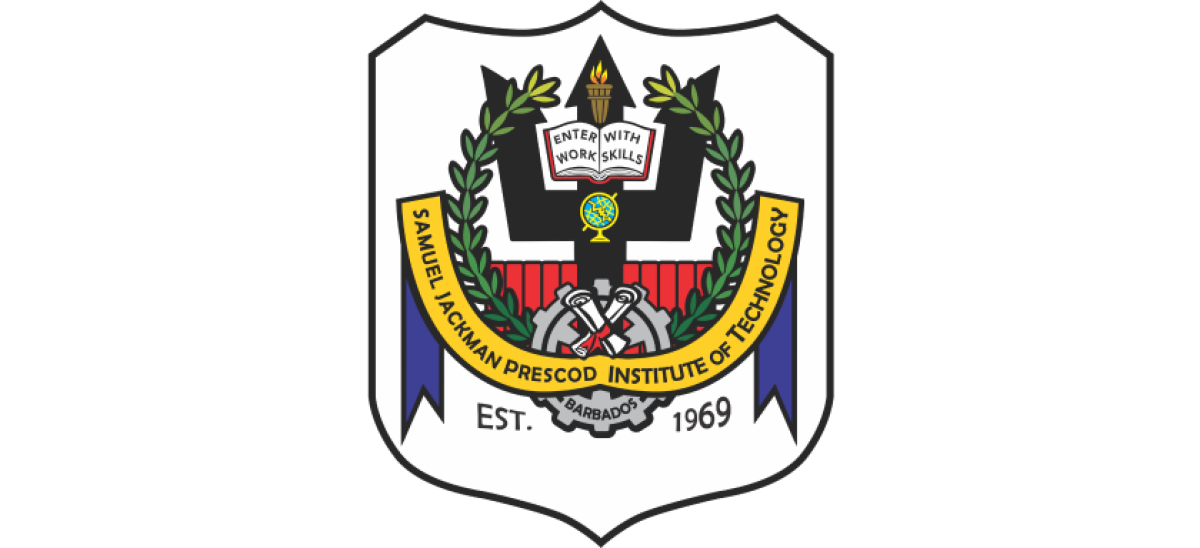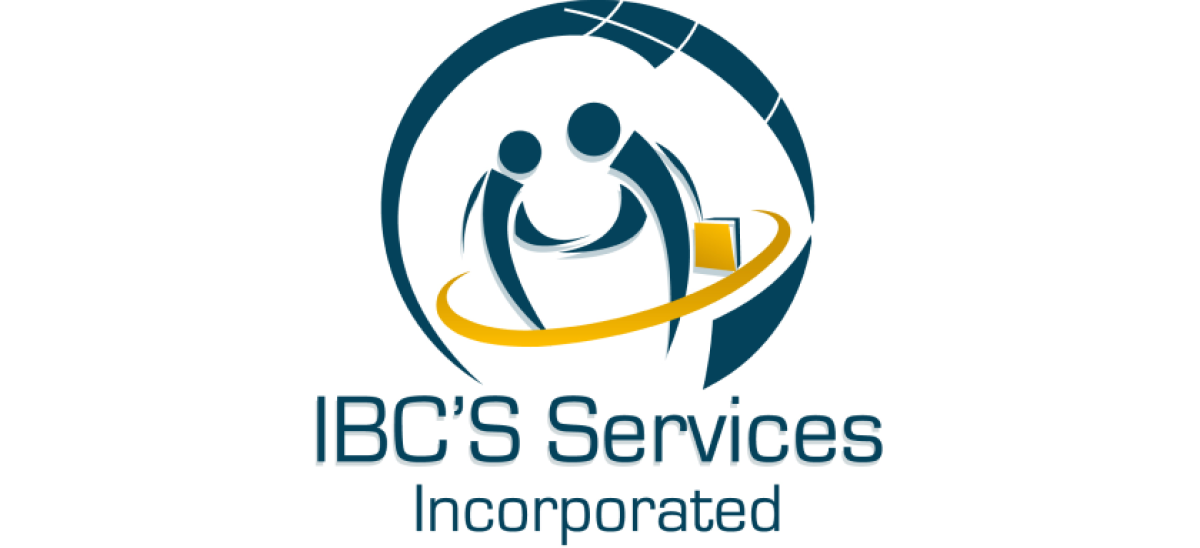Barbados: Transforming Through Innovation and Sustainability
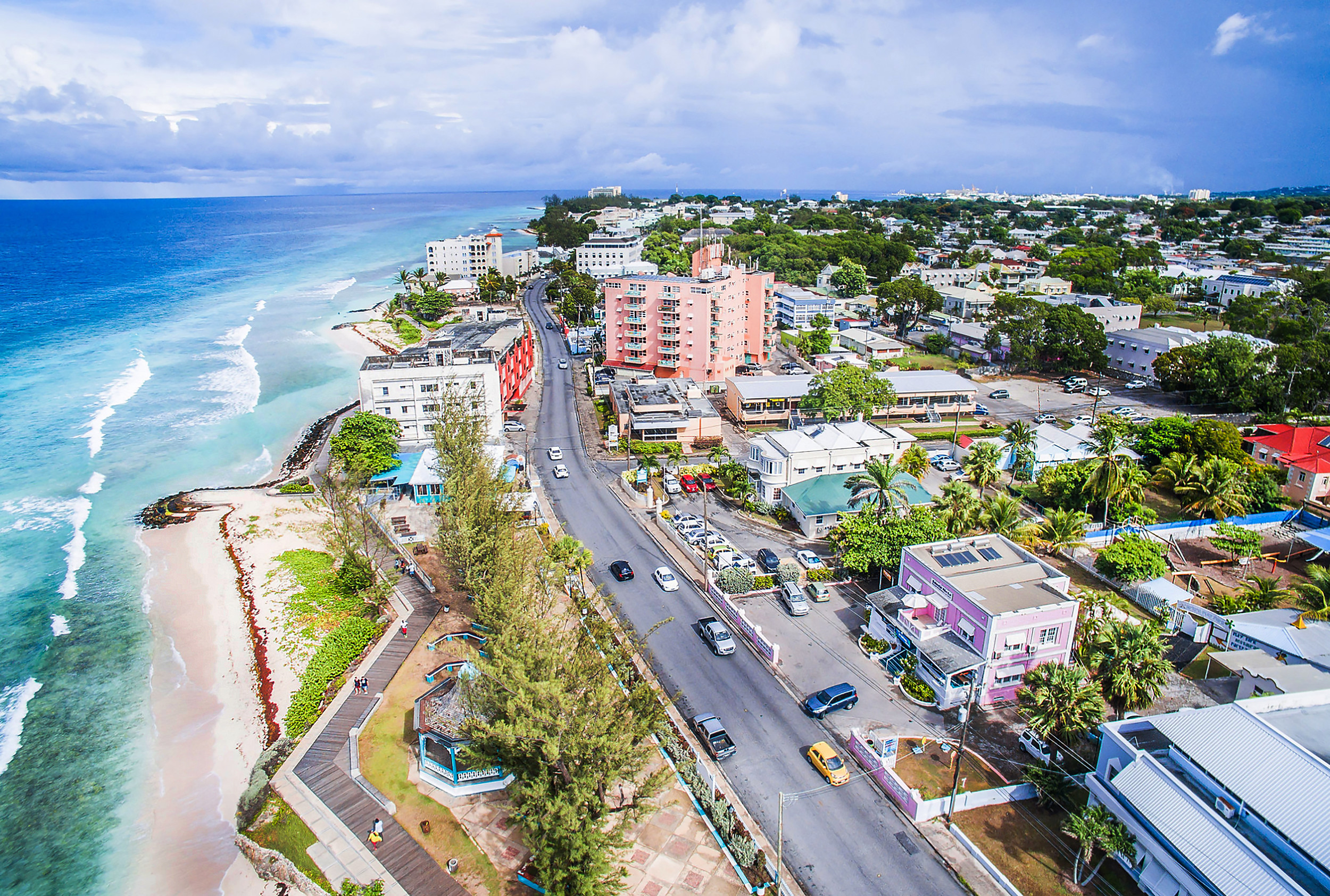
Barbados has forged an identity distinct from many of its West Indies neighbors by becoming not only a tourist destination but also an international business and investment hub. Over the years, it has developed high-end tourism, a solid and respected financial service sector, and a rapidly growing tech industry. The country has embraced technology, is leading the way in the green economy transition (what the United Nations defines as "low carbon, resource efficient and socially inclusive") and is now a pioneer in implementing solar energy.
Barbados' economy is recovering from the impact of COVID-19 through innovation and diversification. Its public and private sectors are steering a sustainable recovery through an ambitious economic reform program to improve the island's business climate and facilitate green and digital transformation. Private investment in technology and alternative energy is expected to complement the public sector's efforts and further strengthen the economy.
According to Professor Clive Landis, dean of the University of the West Indies, Barbados is moving in the right direction. He believes that the country is repurposing its economy from one that, he said, was "based essentially on the sugar model, where labor was uncompensated and profits were offshored." Landis added that Barbados Prime Minister Mia Mottley is actively working toward building authentic Caribbean institutions and industries as the country continues to diversify its economy.
To mitigate the impact of COVID-19, the Barbadian government introduced the Digital Nomad Visa program, also known as the Welcome Stamp. It enables people from other nations to work remotely in Barbados for up to one year, allowing them to enjoy living in Barbados while bringing economic benefits and skilled labor to the country.
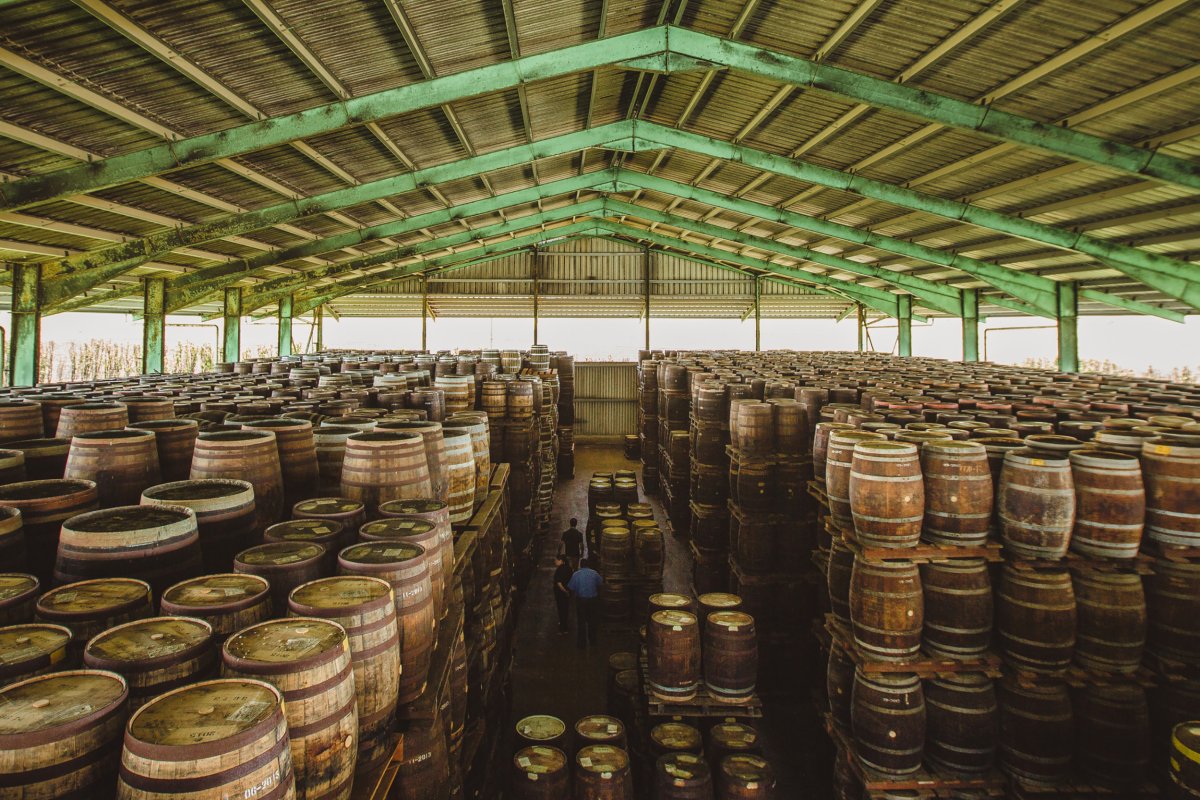
Diversification of the Economy
Once a vital trade and production point of sugarcane for the United Kingdom, Barbados has evolved a long way from its agricultural roots. Since its independence, in 1966, its successive governments have increasingly sought to diversify its economy.
Today the country is working toward becoming a value-added economy by utilizing its natural resources for product development. One example is sugarcane, which is now primarily used for the production of premium rums. Foursquare Rum, a leading rum maker, combines traditional production methods with technological innovations—from strictly controlled fermentation to vacuum distillation—and has gained recognition as one of the premier artisanal spirit manufacturers globally. In 2021, the company was awarded the title of Spirits Producer of the Year at the International Wines and Spirits Competition.
Since the early 2000s, the international and financial service sectors, along with tourism, have transformed the Barbadian economy. The country has introduced policies and legislation to promote its businesses and encourage international transactions, offshore banking and the establishment of global companies. To foster international business, Barbados has implemented fiscal measures such as fixing the value of the Barbados dollar (BBD) to the U.S. dollar, contributing to price stability and a stable national economic climate.
Barbados also enjoys numerous double taxation agreements (DTA) internationally, including with Canada, China, the United Kingdom and the United States. These allow for the avoidance of double taxation on income earned in one country by residents of the other.
The country has formed alliances with other nations through bilateral treaties to foster investment, which plays a crucial role in the development of the Barbadian economy. Melanie Jones, managing partner of Lex Caribbean, a leading Caribbean law firm, underscored, "International business is fundamental to the viability and sustainability of the Barbadian economy." These treaties have a common goal of protecting economic prosperity, supporting individual businesses, promoting technological advancements and ensuring sustainable development.
In addition to the country's political and economic stability, Barbados has a strong telecommunications industry and a highly educated workforce, making it an appealing destination for international business. The government places a strong emphasis on education, recognizing it as a key to unlocking the potential of its growing population, and creating a knowledge-based, skill-intensive services economy. It is proud of its comprehensive educational system, designed to provide access to quality education for all citizens, including free primary, secondary and tertiary education, as well as vocational and technical training opportunities. Together, this has resulted in a well-educated population capable of competing in the global economy. Ian Drakes, the principal at Samuel Jackman Prescod Institute of Technology, a technical and vocational institution in Barbados, noted, "Barbados has the best resource in the world—people."
Barbados boasts an impressive literacy rate of 99.7 percent, surpassing that of many developed nations such as the United States and the United Kingdom. The government has made efforts to expand access to computer technology and the internet throughout the education system in an attempt to equip future generations with the skills needed to compete in the global economy and information society. This has resulted in high levels of computer literacy in the country and a large number of professionals in fields such as accounting, law and science. Mark Hill, the CEO of Export Barbados, elaborated, "Barbadians tend to choose very conservative careers. Students follow the finance, law or medicine route, meaning Barbados has a high human resource pool."
All this translates into a workforce that is well-educated, motivated and skilled. This is exemplified by companies like Lenstec, which is internationally recognized for its innovative designs and leading-edge medical device technology. Ian Hickling, the president of Lenstec, concurred, "There's a huge pool of talent here, which people could tap into."
Barbados' robust information and communications infrastructure and its government's support and encouragement for innovation, has created the perfect environment to grow its national tech sector. Brian Popelka, CEO of Bitt, based in the U.S. but founded in Barbados and the first blockchain startup in the Caribbean, concurred. "When we've worked directly with the government, they have been outstanding, supportive and visionary," Popelka said. Maria Madriz-Mackenzie, president of IBC Services, a provider of corporate, management, accounting and legal services for international companies, added that she has noticed an increasing number of what she referred to as "innovative, tech and crypto companies that want to set up in the country."
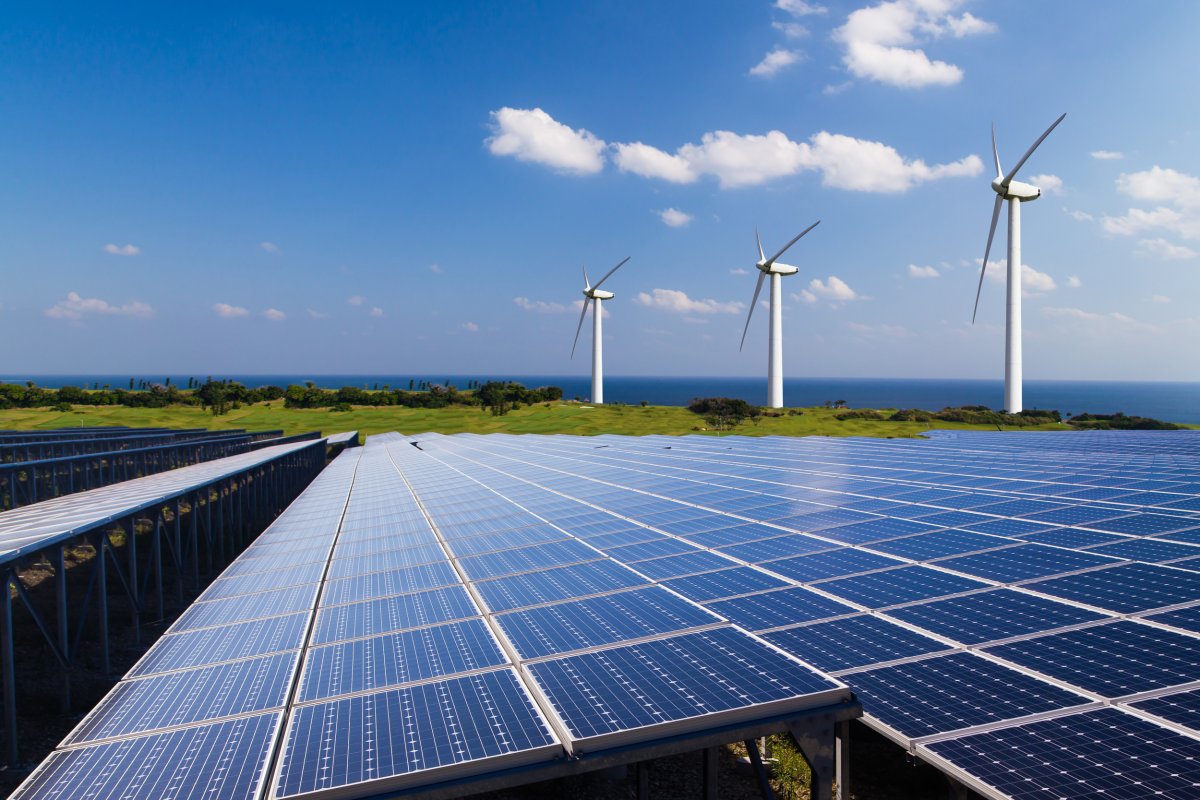
Sustainable Development
During the past decade, Barbados has had a clear development strategy focused on green economic growth. It has set the ambitious goal of transitioning to a fully renewable economy by 2030. To achieve this, a partnership has been established between the government and the private sectors.
In response to the pandemic, both parties quickly implemented fundamental changes to jump-start the process of sustainable recovery within the economy. In a virtual visit to the country in February 2022, the International Monetary Fund concluded that Barbados continued to demonstrate its commitment to following a sustainable path in the face of the pandemic.
Barbados has already established itself as a leader in green development in the Caribbean, with a successful solar water-heating industry, which was developed on the island in the 1980s, and a rapidly growing photovoltaic (PV) sector. Intending to generate 20 percent of its electricity from renewable resources by 2030, the government has put in place various incentives to support the growth of the PV sector. These include net metering, which enables residents and businesses to sell surplus electricity generated by their PV systems back to the grid. The country also has an expanding electric vehicle market.
The government of Barbados aims to become a leader in addressing climate change and promoting sustainable development. To achieve this, they have implemented energy efficiency policies, such as building and industrial process improvements and public awareness campaigns, as well as a strategy to increase the use of electric vehicles through tax incentives and charging station installation. Additionally, they have adopted measures to incentivize private sector investment in renewable energy and climate-resilient infrastructures.
The green transition presents numerous opportunities for the creation of jobs in sectors such as renewable energy and ecotourism, as well as a foundation for future innovation in areas such as wind power and biofuels. Apes Hill Barbados, a luxury real estate and golf course, has adopted this approach by creating its carbon-neutral irrigation system using harnessed rainwater. This aligns with Apes Hill's core value of sustainability and its goal to operate in a way that is harmonious with the surrounding environment. Sunil Chatrani, the executive chairman of Apes Hill, explained that he joined the project because he recognized the potential impact it could have on the Barbadian economy and people, and the need to balance modernization with environmental conservation.
Barbados has also implemented several initiatives to promote sustainable tourism, such as establishing protected areas and developing eco-friendly resorts and tour operators. Furthermore, Barbados boasts a diverse range of ecosystems, including coral reefs, rain forests and wetlands, which provide visitors with a wide array of ecotourism activities such as snorkeling, hiking, bird-watching and wildlife viewing, making it a popular destination for eco-conscious travelers. According to Jens Thraenhart, CEO of Visit Barbados, the country is well-positioned to capitalize on its vast potential of ecotourism and transform the tourism industry not only in Barbados but globally.
The Welcome Stamp
In mid-2020, the country became the first Caribbean nation to introduce its Digital Nomad Visa program, allowing remote professionals to work from Barbados for up to 12 months. The Welcome Stamp program garnered much international interest, with the majority of applications coming from the U.S., the U.K. and Canada.
The Welcome Stamp has leveraged the attributes that for years have made Barbados a much sought-after tourist destination: its white beaches, idyllic weather, Barbadian hospitality and safety. However, Barbados' value proposition extends beyond its attractive scenery and climate. The country is uniquely appealing for long-term stays, with outstanding telecommunications (according to Statistica it was ranked No. 3 in 2021 for fastest download speed Wi-Fi in the Caribbean), a stock of A-class office space and advanced education and health services. These coveted advantages, combined with the island's culinary diversity (due to its African, Asian, East Indian and European influences), rich culture and biodiversity, have made the Welcome Stamp much sought-after. Josée Atkinson, the CEO of BluePrint Management, a team of experts with 25 years of experience creating buildings, spaces and homes in the Caribbean, explained, "The Welcome Stamp has enabled people to see Barbados, integrate into society and realize all the benefits Barbados has to offer."
The Welcome Stamp has been a win-win for both stampers and locals, as it not only provides value to international professionals by offering a safe and high-quality location to work but it has also been a critical source of economic activity for Barbados. Although stampers do not contribute to the country's income tax, they have positively impacted local businesses, such as real estate and the personal service industry. The program has also provided an opportunity for people working in technical fields, such as life sciences, to connect with industry experts and facilitate the exchange of knowledge between the island and other countries. Overall, the Welcome Stamp has proved so successful that the government has introduced a way to extend the visa for an additional 12 months.
With its impressive solar energy adoption and burgeoning electric vehicle market, Barbados is charging ahead toward its goal of becoming a fully renewable economy by 2030. Achieving this feat requires a continuous, collaborative effort between its public and private sectors to foster the growth of diverse talent and complementary industries. Committed to diversifying its economy and facilitating green and digital transformation, Barbados welcomes all types of direct foreign investment.
The contents of this article is for informational purposes only and does not constitute financial or investment advice. It's important to perform your own research and consider seeking advice from an independent financial professional before making any investment decisions.


